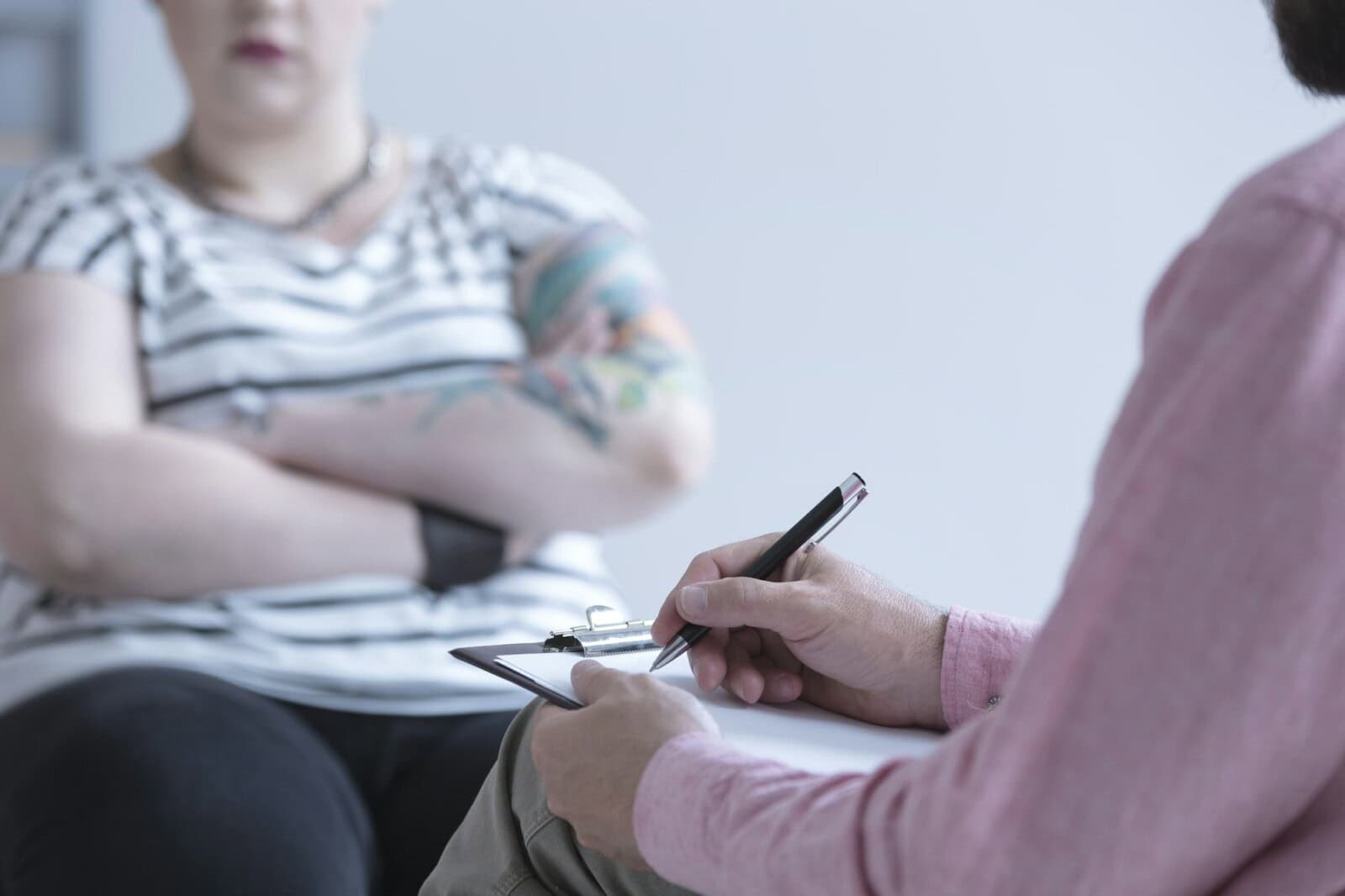In domestic violence cases, one question that many defendants ask is whether or not the victim can drop the charges once they’ve been filed.
The short answer is that once charges are filed, it’s up to the prosecution to decide whether or not to bring domestic violence charges to trial. This is important to remember, as charges can be brought even if the victim no longer wishes to pursue the case.

How Florida’s Domestic Violence Laws Work
Contrary to popular belief, you don’t actually need to physically harm someone to commit domestic violence in Florida. Florida's domestic violence laws (Florida Statute 741.28(2)) are comprehensive and designed to address a range of offenses, including assault, battery, sexual assault, stalking, kidnapping, and other criminal offenses that result in physical injury or death.
Assault is defined as an intentional and unlawful threat by word or act to do violence, with the ability to carry out the threat and action that creates a well-founded fear that violence is imminent. Battery, on the other hand, involves actual and intentional touching or striking of another person against their will or intentionally causing bodily harm.
The Role of Police and Law Enforcement
When a domestic violence call is received, police officers are responsible for assessing the situation, gathering evidence, and ensuring the safety of all parties involved. Upon arrival at the scene, officers will usually:
- Interview both the victim and the alleged perpetrator
- Check for visible injuries and document them with photographs
- Collect all relevant evidence and witness statements
- Determine if an arrest is required under the laws of the jurisdiction in question
If the police determine that a person has committed domestic violence, they may arrest the alleged perpetrator. The case is then forwarded to the public prosecutor, who decides whether to file criminal charges.
The Legal Process and Victim's Rights
Even if a victim of domestic violence does not have the direct power to drop the charges, their involvement and cooperation during the court proceedings is crucial. As a witness or victim, it is important that you know your rights, seek the necessary support, and provide accurate information so that the court system can ensure safety and justice for all involved.
Witness and Victim Cooperation
During the court proceedings in a domestic violence case, both witnesses and victims play an important role. Cooperation between the victim, witnesses, and the legal system is crucial for a fair resolution.
As a victim or witness, you have certain rights that should be respected throughout the process. For example, you have access to a victim advocate or a defense attorney who can support and guide you during the court proceedings and investigation of the case.
It is important that witnesses and victims cooperate with the prosecutor and provide truthful and accurate information. Witness statements can be important evidence that ensures the perpetrator is held accountable for their actions. Providing accurate and timely information can have a significant impact on the decision-making of the court system.
The Power of Prosecutors in Dropping Charges
Victims are not able to drop the charges once they’ve been filed to protect them from possible manipulation by the perpetrator. This ensures their ongoing safety and that justice is served when domestic violence occurs.
However, it is important to note that the prosecutor can consider the victim's input during this process. For example, let’s say there was a genuine misunderstanding while out at a restaurant or bar that led to a wrongful arrest. The prosecutor can listen to the victim’s side of the story and use their own judgment and discretion as to whether taking the case to court is warranted.
Factors Influencing the Dismissal of Charges
The outcome of domestic violence cases often depends on the availability and credibility of evidence. The more evidence supporting the victim's claims, the less likely the charges will be dropped. However, the prosecution may consider dropping the charges if the evidence presented does not raise reasonable doubt.
Impact of Evidence and Witness Statements
Factors such as physical evidence, medical reports, and witness statements contribute to the probative value of the case. Visible injuries documented by photographs or medical reports and the presence of independent witnesses can increase the likelihood of prosecution.
Prosecutors evaluate the available evidence along with any corroborating evidence from outside sources. For example, police reports, phone records, or text messages may provide additional information relevant to the case.
Speak To A Florida Attorney About Your Domestic Violence Charges
If you're facing domestic violence charges in the State of Florida, you should seek experienced counsel as soon as possible. Once the police begin to mount their case, their only mission is to ensure you are convicted, so having an attorney defend your rights is critical.
Call the Weinstein Legal Team at 888.626.1108 or click here to schedule a free case review with an attorney today.


